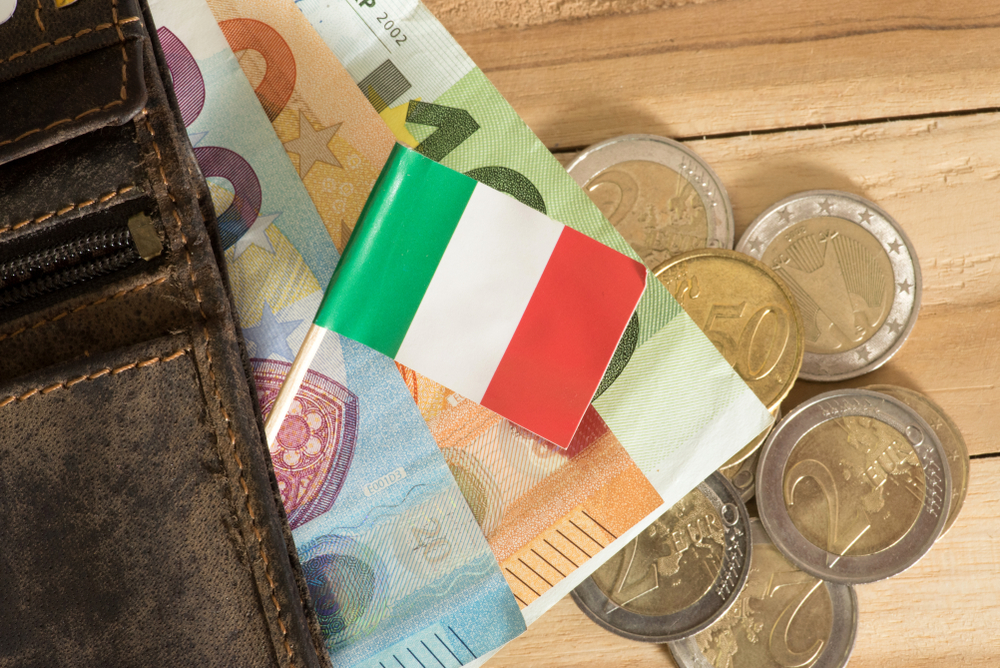The Resistance Economical Russia: How Moscow Overcomes Sanctions
While Ukraine and the West hoped that a decline in the ruble would lead to a collapse of the Russian economy, Moscow appears resilient. The fundamental aspect of this resistance? The enormous revenues deriving from the sale of oil and liquefied gas. Despite sanctions and G7 pricing policies, Russia continues to benefit from an increasingly profitable energy market, putting both the European Union and the United States in difficulty.
Why the Oil Price Ceiling Doesn't Work
The oil price cap established by the G7 initially seemed effective. However, the situation has changed: the cost of Russian oil has exceeded the threshold of 60 dollars per barrel, reaching over 70 dollars. This increase is also due to the indirect support of Saudi Arabia, which has cut its production. Experts estimate that if this trend persists, Russia could earn as much as $188 billion in 2024 from oil sales.
Failures and Deficiencies in Western Sanctions
To destabilize the Russian oil market, the West has adopted a two-pronged approach: a price cap and a ban on imports. But the lack of effective controls and the escape routes used by some tankers have made these measures less effective than hoped. Russia responded by expanding its markets in Asia, Africa and the Middle East, and using a "ghost fleet" to evade the restrictions.
The European Union Dilemma and Russian Flexibility
If initially the sanctions had a certain impact, the situation has now changed. Tankers ignoring sanctions and a rise in oil prices have virtually wiped out initial Russian losses. This could indefinitely extend Russia's revenue and warfare capabilities, creating further challenges for Western foreign policy.
The Liquefied Natural Gas (LNG) Boom
Oil sales are not the only area where Russia is resisting sanctions. Exports of liquefied natural gas have increased significantly, helping to contain Russia's economic losses. Countries such as France, Belgium and Spain have become large buyers, guaranteeing Moscow revenues of 5 billion euros in the period between January and July alone.
The EU in Difficulties: Future Perspectives and Challenges
Gas exports from Russia to the EU decreased, but liquefied gas covered part of this loss. Furthermore, the lack of a solid embargo policy on this fuel makes it difficult for the European Union to exert significant pressure on Moscow. Spanish Minister Teresa Ribera has indicated that a possible embargo could only become reality if the situation between Russia and Ukraine worsens further.
In summary, Russian Economic Resistance highlights the need for the West to reconsider its strategies. In both oil and liquefied natural gas, Russia has demonstrated a surprising ability to navigate sanctions, raising serious questions about how the EU and US can effectively fight back.




Pingback: Max